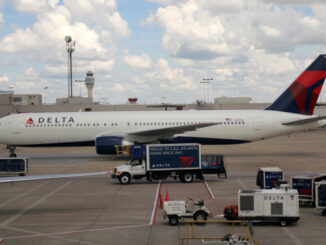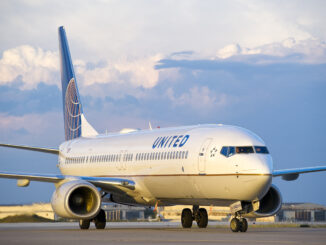U.S. lawmakers are pressing for the swift adoption of new pilot training standards in the United States and across the globe. The push for uniform standards follows Saturday’s Asiana jetliner crash in San Francisco and a 2009 commuter plane disaster in Buffalo, New York.
Democratic Senator Charles Schumer says recent air tragedies, including the Asiana crash, have illuminated a disturbing trend.
“From what we have seen, there is a pattern here: pilot error and inadequate response to stalling caused by loss of air speed,” he said.
Schumer represents New York, where a commuter plane crashed in 2009, killing all 49 people on board. An investigation of the disaster concluded that the pilot improperly responded to stall warnings, making a dire situation worse. Congress responded by passing the Airline Safety Act, which revamped pilot training standards.
On Wednesday, the Federal Aviation Administration announced implementation of a portion of those standards relating to mandatory flight time requirements for pilot certification. Schumer and other New York lawmakers urged swift adoption of all other standards.
“The new rules would set minimum standards on pilot fatigue and certification, crew member training, safety management and flight simulation training. The new rules would beef up training requirements for the exact type of situations we are talking about: aerodynamic stalls,” he said.
But the senator noted that the FAA has no authority outside the United States.
“There is no reason that American passengers should be put at risk by poorly trained pilots in other countries. So we are asking the FAA to push to make these rules a global standard if American passengers are involved,” he said. “In other words, for international carriers departing from or arriving to the United States, we expect those airlines to meet the same safety standards we expect from our domestic carriers.”
The U.N.’s International Civil Aviation Authority is to hold an assembly of its 191 member states in September.




